In the context of digital transformation and increasingly fierce global competition, the Ministry of Education and Training is developing a scholarship policy and living allowance support for students studying basic sciences, key engineering and strategic technologies.
Attracting and nurturing excellent students
The Ministry of Education and Training is in the process of developing a policy to consider granting scholarships and providing living expenses to help students pursue basic sciences , key engineering and strategic technologies.
At the policy consultation workshop recently held in Ho Chi Minh City, Mr. Ngo Van Thinh - Deputy Director of the Department of Planning and Finance (Ministry of Education and Training), Deputy Head of the Drafting Committee, Head of the Editorial Team, said that the policy was built on the basis of current legal documents, aiming to support and motivate learners with capacity and potential in strategic industries; contributing to promoting innovation and enhancing national competitiveness.
According to Mr. Ngo Van Thinh, the draft consists of 4 chapters and 17 articles. The subjects of application are all higher education institutions (public and non-public) that train in the fields listed under the policy under the decree. The students subject to application include students, graduate students, and researchers studying in basic sciences, key engineering, and strategic technology.
The policy aims to support scholarships and living expenses to help students who are eligible to cover tuition fees and related expenses. Specifically, students are granted scholarships by the State according to the tuition fee ceiling prescribed in the Government's Decree on the mechanism of collecting and managing tuition fees for educational institutions in the national system and the policy of exempting and reducing tuition fees, supporting learning costs; service prices in the education sector of the current year according to the corresponding major.
The scholarship level is 100% of tuition fees for students with excellent academic results; 70% for good grades; 50% for fair grades. In addition, students are also supported by the State with living expenses of 3.63 million VND/month during their time studying at the educational institution. The duration of scholarship support and living expenses is calculated based on the actual number of months of study at the school according to regulations, not exceeding 10 months/school year.
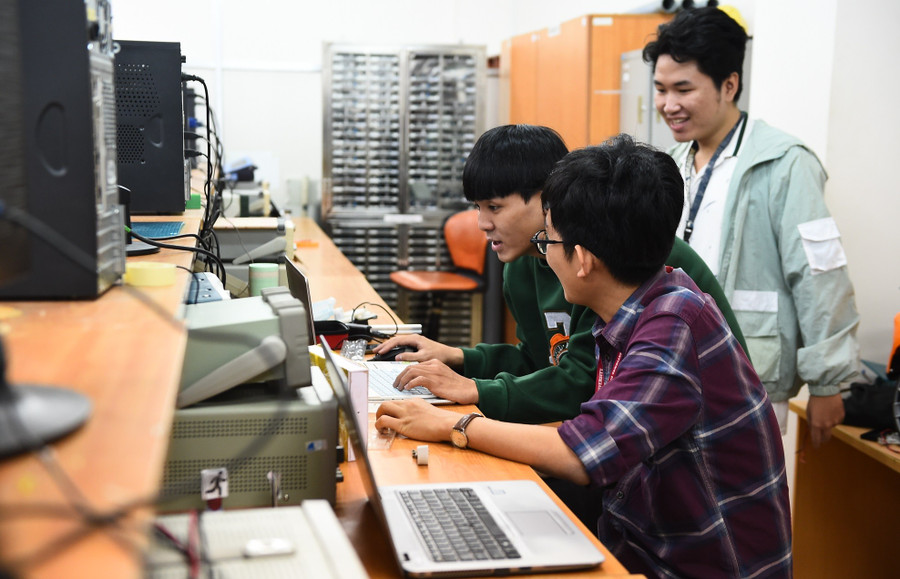
Why do we need scholarship policies?
In the context of the 4.0 industrial revolution and globalization, basic sciences, key engineering and strategic technologies play a key role in promoting innovation, improving production capacity and economic competitiveness.
However, according to Mr. Ngo Van Thinh, human resources in these fields are currently limited in both quantity and quality, failing to meet development requirements. The shortage of talent shows that many advanced science and technology sectors are lacking highly qualified human resources, especially well-trained young engineers and scientists with practical skills. This directly affects the ability to research, apply new technology and develop key national fields.
Therefore, the scholarship policy is expected to attract and encourage young talents to study, research and work in the above fields, while helping learners reduce financial burdens. In particular, the policy is of great significance to learners in difficult circumstances, helping them focus on studying and researching without worrying about costs. Thereby, not only contributing to the development of high-quality human resources but also promoting the development of science, technology and the country's economy in the future.
Commenting on the draft policy, Associate Professor Dr. Duong Ngoc Khanh - Deputy Head of Training Department, Hanoi University of Science and Technology said that the demand for high-quality human resources in STEM (Science, Technology, Engineering and Mathematics) fields is increasing in the context of globalization and strong digital transformation. However, the current scholarship policy is still not consistent and not attractive enough to attract and retain talent, especially at the postgraduate level.
Mr. Khanh pointed out that currently there are policies on tuition exemption and reduction and social subsidies for students, but there is a lack of a scholarship policy with clear orientation for the development of human resources in science and technology.
The allocation of scholarships is still scattered, not really prioritizing strategic fields, while the majority of postgraduate students have to pay for their own study and research costs - this is hindering the process of forming a team of highly qualified scientists and engineers. Therefore, it is necessary to establish a transparent, flexible and fair scholarship mechanism, suitable for the specific training of science and technology fields. Training institutions need to be given more initiative in selecting and granting scholarships based on the criteria of capacity and development potential of learners.
From the perspective of training institutions, Dr. Trinh Thanh Deo - Head of Examination and Quality Assurance Department, University of Natural Sciences (Ho Chi Minh City National University) said that the scholarship policy for students of basic sciences, key engineering and strategic technology is not only a simple financial support, but also an important tool to attract talent, encourage learning and research in fields that play a fundamental role for the sustainable development of the country.
“The effective implementation of this policy requires close coordination between ministries, branches, localities, training institutions and learners themselves. This is not just a story of the education sector but requires comprehensive participation to create a synchronous and in-depth human resource development ecosystem,” Mr. Deo shared.
From the perspective of an expert in the field of basic science, Dr. Trinh Thi Thuy Giang - Deputy Director of the Institute for Advanced Study in Analytical Mathematics, the above scholarship policy not only has the meaning of financial support but also is a strategic tool to attract and nurture talents, especially in academic fields that require a solid knowledge foundation.
Taking the Mathematics industry as an example, according to Dr. Giang, the scholarship policy will have a positive impact on students, training institutions, and the scientific system in general. The policy creates a positive competitive environment between training institutions, promoting more attention to discovering, nurturing, and accompanying potential students. This is also the premise for gradually forming strong Mathematics training and research centers nationwide.
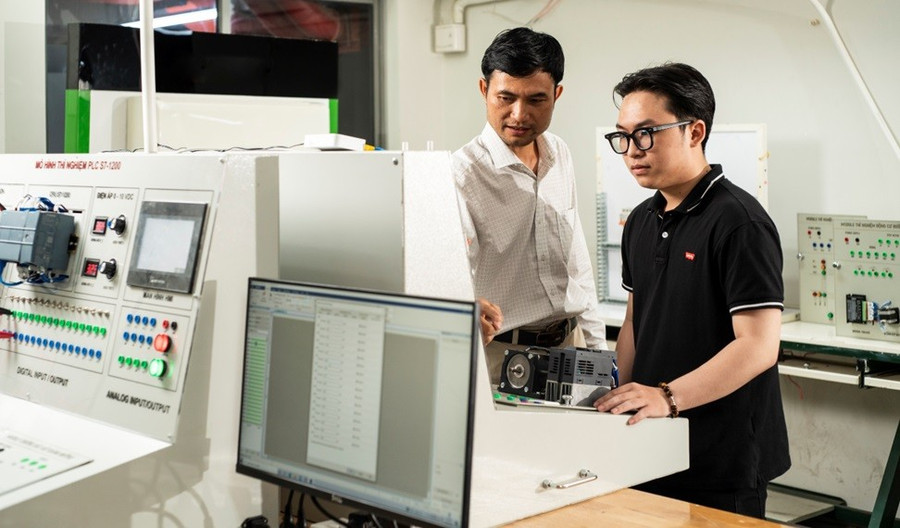
Expand and flexibly implement policies
From the practical implementation of scholarship and training policies, Dr. Trinh Thanh Deo made 6 recommendations to improve the effectiveness of the scholarship policy being developed. First of all, it is necessary to expand the scholarship policy to higher levels of education such as graduate and doctoral students - the subjects that play a core role in research, teaching and leading scientific and technological innovation in the future.
“Currently, the scholarship policy is mainly applied to university level, while the need for highly qualified research and teaching staff is increasingly urgent. Expanding the scholarship beneficiaries will contribute significantly to improving the quality of postgraduate training, creating a foundation for sustainable development,” said Mr. Deo.
In addition, he proposed that there should be a more comprehensive support mechanism beyond tuition fees, including living expenses, research conditions, internship opportunities and business connections to help students feel secure in their academic and creative development. At the same time, promoting the public-private partnership model in scholarship granting will expand financial resources and increase the effectiveness and practicality of the policy.
“In order for scholarship policies to play a guiding and long-term motivating role, we need to build a flexible mechanism with the participation of many parties, from the State, educational institutions to businesses. Socializing resources not only helps expand the scale but also increases the ability to connect training and the labor market,” Mr. Deo emphasized.
Commenting that the scholarship policy has been bringing positive effects in attracting students to STEM, basic science, and technology fields, Dr. Tran Thanh Thuong - Head of Admissions and Student Affairs Department, Ho Chi Minh City University of Technical Education, said that in order for this policy tool to truly play a long-term and sustainable role nationwide, there needs to be strategic adjustments in both scale and implementation methods.
According to Dr. Thuong, first of all, the State and universities need to prioritize the allocation of scholarship budgets for basic sciences, key engineering and strategic technologies - in line with the orientation that the Ministry of Education and Training is building. In this process, special attention should be paid to supporting disadvantaged groups such as female students, learners from remote areas, ethnic minorities and those in difficult circumstances.
In addition, Dr. Thuong proposed designing full scholarship packages, including tuition and living expenses, for exceptionally excellent cases or those with difficult circumstances, so that students can wholeheartedly pursue their studies without being hindered by financial barriers.
In addition to the financial factor, Mr. Thuong emphasized the importance of combining scholarship policies with mentoring programs and work commitment mechanisms. Specifically, each scholarship recipient should be connected with a mentor who is a lecturer or senior student in the same field. This will be a companion in studying, career orientation, soft skills support and help students overcome psychological and professional obstacles.
Dr. Nguyen Trung Nhan, Head of Training Department, Ho Chi Minh City University of Industry, said that in order for the scholarship policy to truly promote its role in encouraging learners and attracting human resources to the fields of basic science, key engineering and strategic technology, it is necessary to expand the scope of application to students at all universities that train in these fields, regardless of public or non-public.
Mr. Nhan believes that the level of scholarships or subsidies can be flexibly adjusted according to each school year and actual conditions, but it is necessary to ensure that they are attractive enough to students right from the time of university admission. "Only when the scholarship policy is designed as a clear plus point in the career orientation process, can we attract good students who are truly passionate and capable to study in fields of study that are fundamental to the country's development," Mr. Nhan affirmed.
According to the draft decree, the group of basic sciences is defined as Mathematics; Statistics; Computer Science (considered a basic science in the field of technology); Physics; Chemistry; Biology; Environmental Science; Geology; Natural Geography; Meteorology and Climatology; Hydrology; Oceanography.
The key Engineering group has 2 options. Option 1 is Information Technology, Data Science, Artificial Intelligence, Electrical and Electronics, Automation, Precision Mechanics, Aeronautical Engineering, New Materials. Option 2 is Mechanical Engineering; Electrical Engineering; Industrial Engineering; Construction Engineering; Traffic Construction Engineering; Information Technology Engineering; Electronic and Telecommunication Engineering; Mechatronic Engineering; Chemical Engineering; Environmental Engineering; Software Engineering; Dynamic Mechanical Engineering; Automotive Engineering; Food Engineering; Energy Engineering; Automation Engineering.
The Strategic Technology Industry Group has 2 options. Option 1 is Biotechnology, Nanotechnology, Space Technology, Environmental Technology, and Renewable Energy Technology. Option 2 includes Information Technology; Software Engineering; Electrical and Electronic Engineering Technology; Automation Engineering Technology; Biotechnology; Materials Technology; Nanotechnology; Information Technology - Information Security; Environmental Technology; Food Technology; Control and Automation Technology; Multimedia Communication Technology; Biomedical Technology; Machine Manufacturing Technology; Information Technology - Data Science.
Source: https://giaoducthoidai.vn/hoc-bong-va-ho-tro-hoc-phi-don-bay-phat-trien-nhan-luc-mui-nhon-post739619.html




![[Photo] Cat Ba - Green island paradise](/_next/image?url=https%3A%2F%2Fvphoto.vietnam.vn%2Fthumb%2F1200x675%2Fvietnam%2Fresource%2FIMAGE%2F2025%2F12%2F04%2F1764821844074_ndo_br_1-dcbthienduongxanh638-jpg.webp&w=3840&q=75)



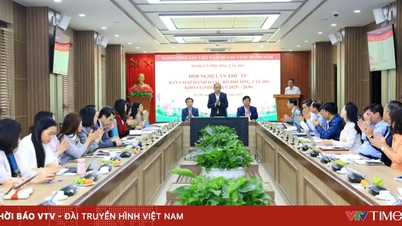





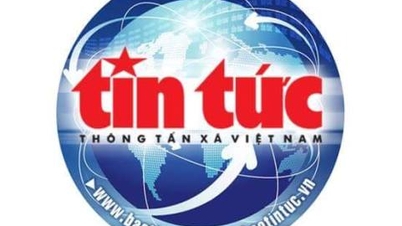


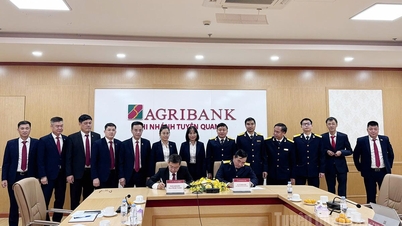









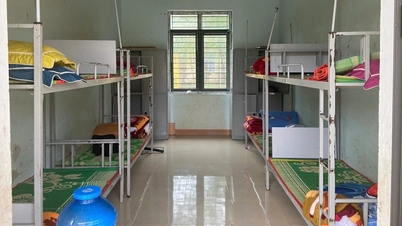





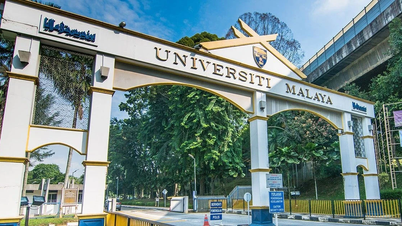

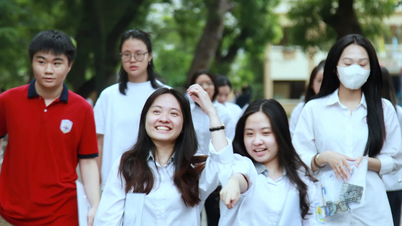
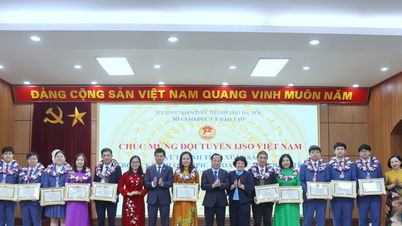
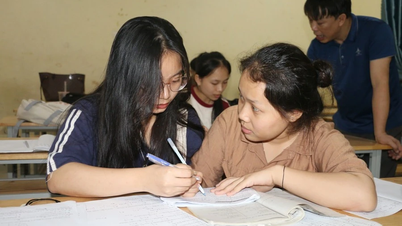
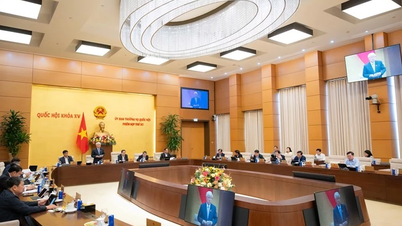

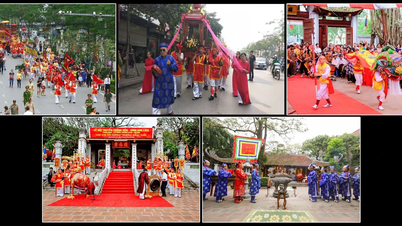

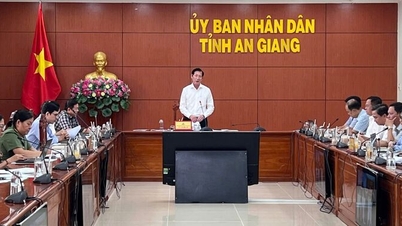



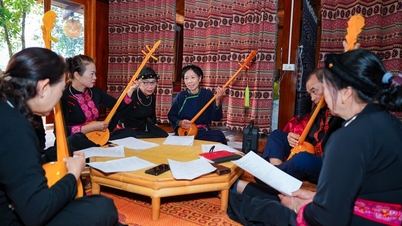



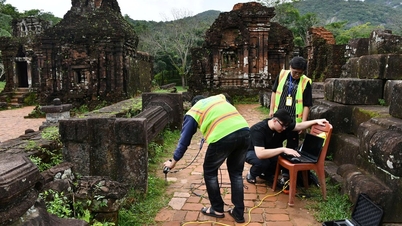




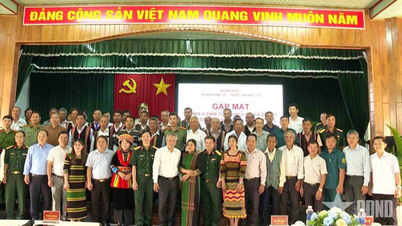
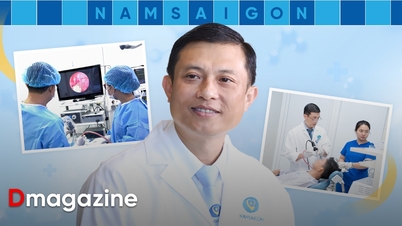
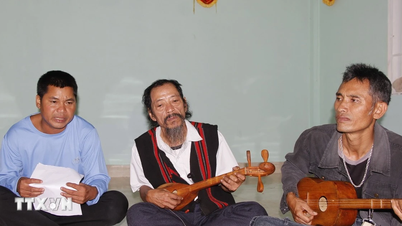
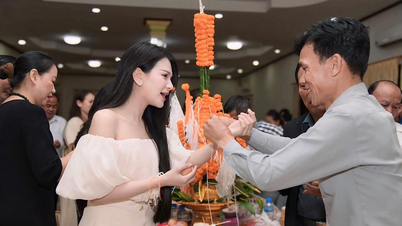



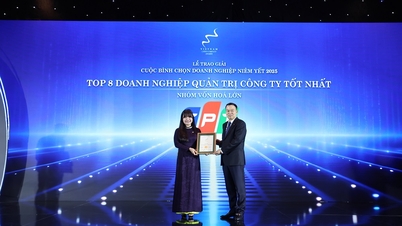



![[VIMC 40 days of lightning speed] Da Nang Port: Unity - Lightning speed - Breakthrough to the finish line](https://vphoto.vietnam.vn/thumb/402x226/vietnam/resource/IMAGE/2025/12/04/1764833540882_cdn_4-12-25.jpeg)
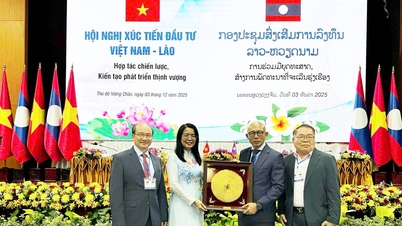
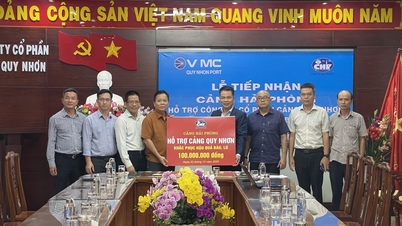







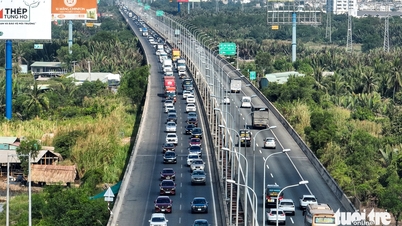





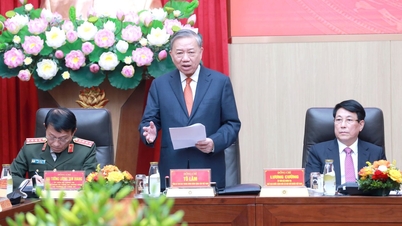

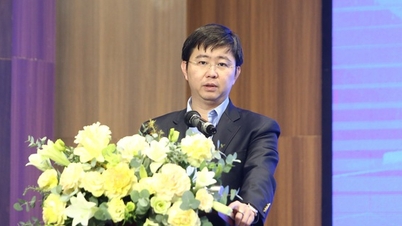

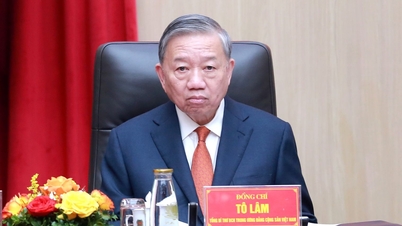





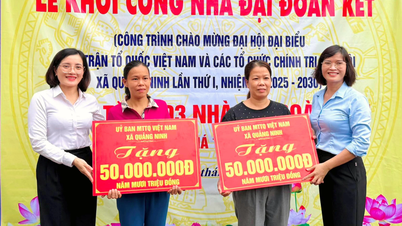

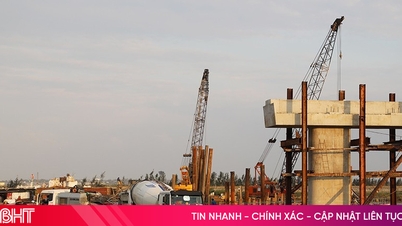

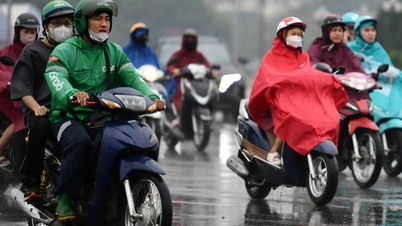
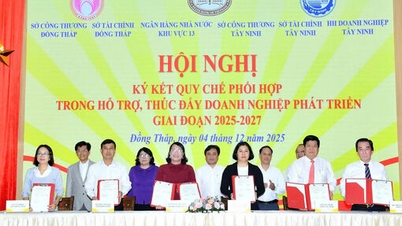

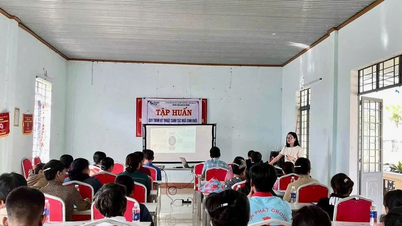
















Comment (0)